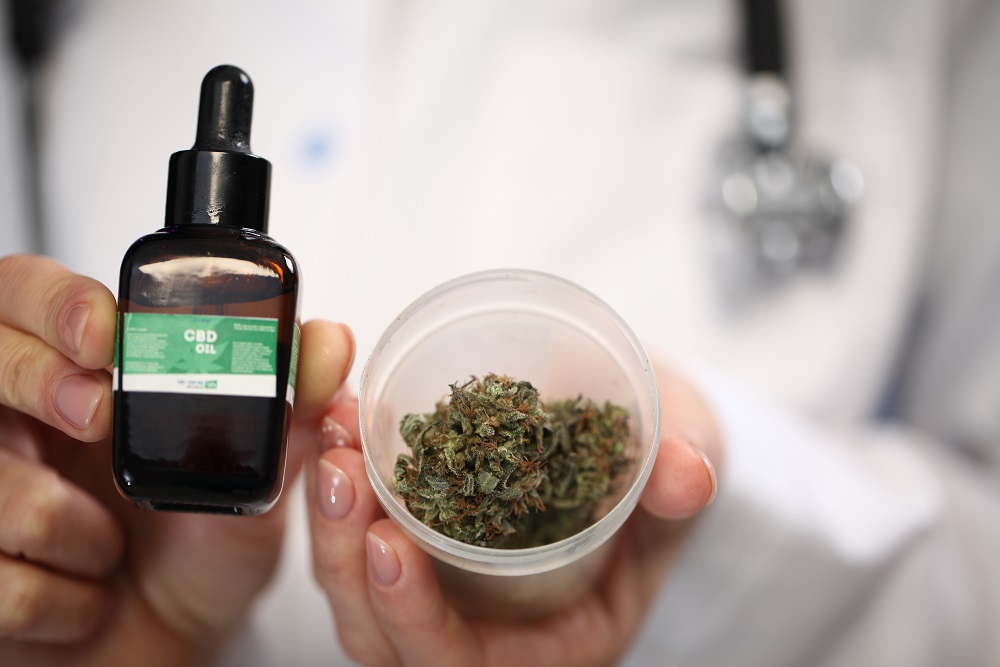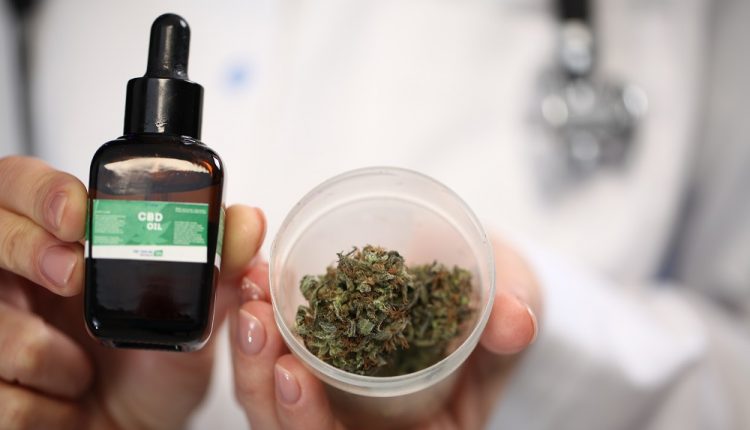Why Medical Cannabis Patient Limits Are Perplexing

Medical cannabis advocates in Utah are up in arms over the fact that the Utah Department of Health (UDOH) missed a September 1 deadline to expand the state’s program so that more medical providers can recommend cannabis. When you step back and look at how Utah’s program is set up, you have to wonder why the expansion was ever necessary. The whole idea of placing patient limits on medical providers is perplexing.
Deseret Wellness, a Park City, UT medical cannabis pharmacy, recently published a blog post detailing the UDOH fiasco. They explained that the current system in Utah requires medical providers to be certified by the state before they can recommend medical cannabis. Once certified, they can recommend to only 275 patients unless the UDOH makes an exception.
Here is the million-dollar question: why limit patient loads to 275 per provider? And why limit patient loads among non-certified physicians to fifteen, as was supposed to be the case under the rules UDOH failed to implement in September 2021? Why institute any patient limits at all?
Maintaining the Program’s Integrity
It is not clear whether any other states utilize a model similar to Utah’s. But we do know that the small number of Utah legislators who steadfastly support the model say it is designed to protect the medical cannabis program’s integrity. Such sentiments are noble and honorable. But what do they mean, exactly?
One might make the case that instituting patient limits prevents doctors from establishing medical cannabis mills where they write recommendations for anyone under the sun. And yet, there are no patient limits attached to opioid prescriptions. How is medical cannabis any different?
Furthermore, creating an artificial limit of 275 patients actually does what policymakers were hoping to avoid. It encourages the establishment of cannabis mills staffed by qualified medical professionals (QMPs) whose entire business model is built on making medical cannabis recommendations. Some of these mills are charging exorbitant fees to Utah patients.
Maintaining a Legitimate Prescription Program
Highly conservative states, like Utah, that place so many limitations on medical cannabis often do so out of a sincere desire to maintain a legitimate prescription program. They want medical cannabis to be utilized just like any other prescription drug, federal limits notwithstanding. Yet so many artificial limits prevent them from doing so.
If a patient in Utah needs an antibiotic to fight a bacterial infection, they can go to any physician, nurse practitioner, physician assistant, or specialist with prescribing authority. Medical providers in Utah do not have to undergo any special training or certification to write antibiotic prescriptions. They also aren’t subject to any artificial limits on the number of patients to whom they can prescribe antibiotics.
Federal Legislation Could Help
It could be that states with artificial patient limits are worried about creating too expansive a program in light of the fact that cannabis remains illegal at the federal level. If that is the case, federal legislation to either decriminalize or reschedule cannabis could help.
Such legislation would allow medical providers to write legitimate prescriptions instead of just making recommendations. That would put medical cannabis in the same league as antibiotics, opioid pain medications, etc. Maybe states would no longer feel the need to limit patient loads were that the case.
In the meantime, the status quo remains intact in Utah. Because the UDOH missed its deadline, medical providers will not be able to recommend cannabis without undergoing additional training and being licensed by the state. Those already licensed will remain limited to recommending cannabis to no more than 275 patients. It doesn’t make a whole lot of sense.


Comments are closed.